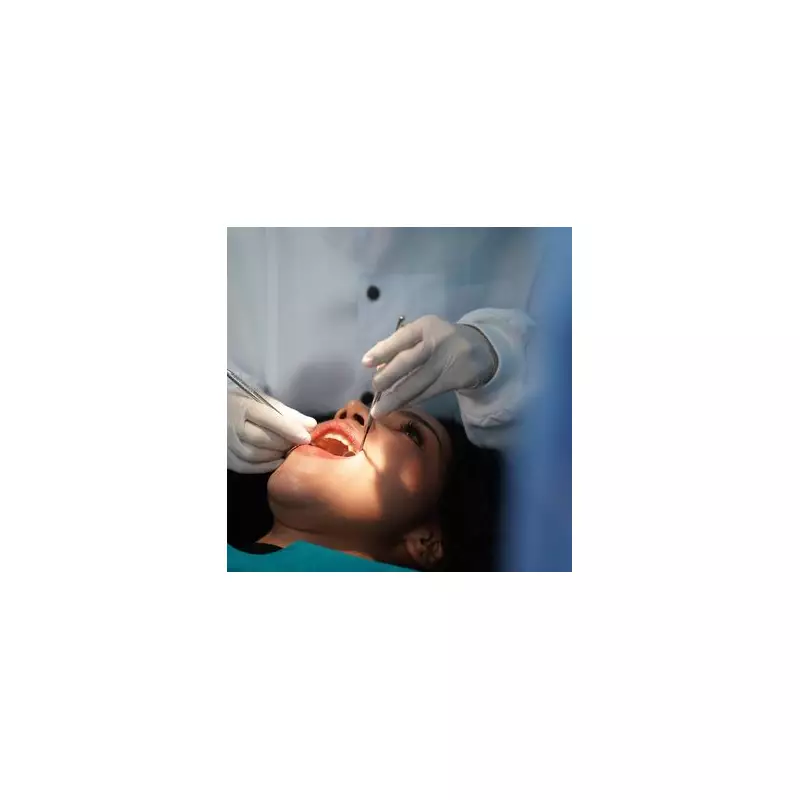
A leading dentist has revealed the three simple yet transformative steps everyone should take to achieve optimal oral health and a noticeably brighter smile. Dr Shaadi Manouchehri took to social media to share her professional advice, which focuses on protecting teeth and gums while preventing common issues like cavities and gum disease.
The Three Pillars of Perfect Oral Hygiene
In a detailed TikTok video, Dr Manouchehri outlined the core components of an effective daily routine. Her first recommendation is to use an electric toothbrush. She advises brushing twice daily for two minutes, specifically before breakfast and as the last thing you do at night.
This timing is crucial, as brushing after eating can spread acids from food across the tooth enamel, potentially causing damage. The second non-negotiable step is to clean between your teeth every day using either traditional floss or a water flosser.
Dr Manouchehri emphasised that the spaces between teeth are the primary location where cavities develop. "If you're brushing and not flossing, you're missing out on a lot," she warned, highlighting that a toothbrush alone cannot reach these critical areas.
Tackling the Root Cause of Bad Breath
The third and final step in her trio of tips is the daily use of a tongle scraper. She explained that the leading cause of persistent bad breath is bacteria lingering on the tongue's surface, and simply brushing it with a toothbrush is insufficient for a thorough clean.
The method is straightforward: gently scrape the tongue once or twice, rinse the scraper, and it's ready for next use. This should be done twice daily, immediately after brushing your teeth, for maximum effect.
Public Reaction and Official NHS Guidance
The advice sparked considerable discussion online. One social media user contested the pre-breakfast brushing suggestion, stating, "I 100 per cent recommend you brush your teeth after breakfast." Another commented on their own experience, noting, "I didn't floss at all when I was younger and none of my cavities were between my teeth."
When it comes to the debate between electric and manual toothbrushes, the NHS offers clear guidance. An official statement clarifies that "it doesn't matter whether you use an electric or manual toothbrush."
Both are considered equally effective provided you clean all tooth surfaces thoroughly with a fluoride toothpaste. The NHS does acknowledge, however, that some people find it easier to clean thoroughly with an electric model. For most adults, a brush with a small head and soft or medium bristles is recommended, but the consistency and thoroughness of cleaning remain more important than the tool itself.






